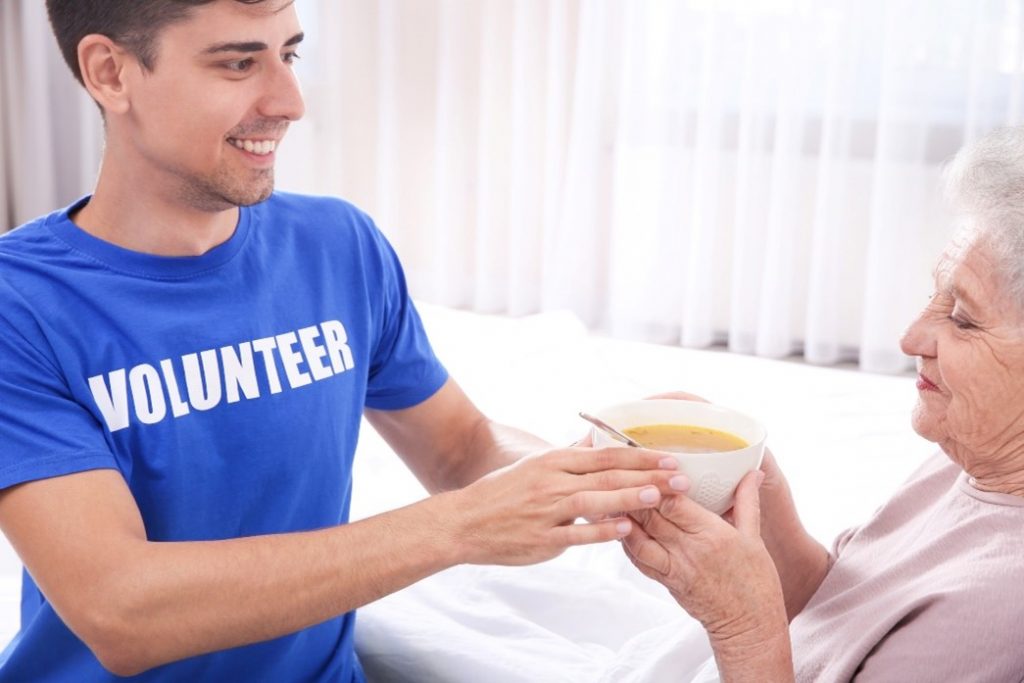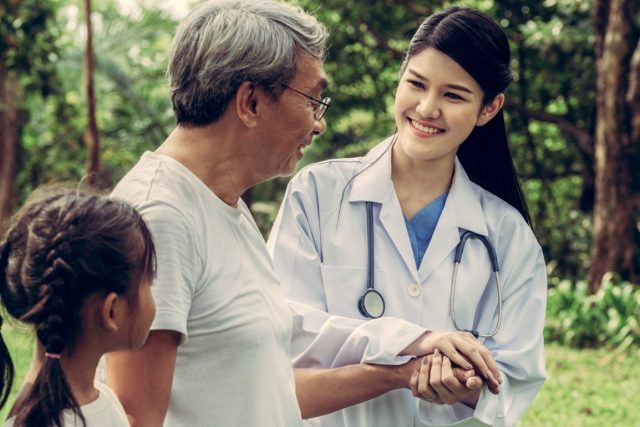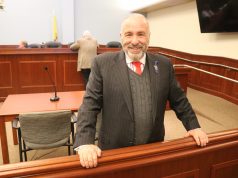Brandi Voss has worked in healthcare for over 20 years, and often spends her time away from work as a Sunday school teacher, girl scout troop leader and community volunteer. In the following article, Brandi Voss Franklin discusses how volunteerism is transforming healthcare, revealing a dynamic landscape where the art of giving back intertwines with the science of healing.
Volunteerism is a powerful force that reshapes communities and saves lives.
In low- and middle-income countries (LMICs), the burden of disease is growing at a rapid rate, and health workers are a critical part of the solution. However, recruiting and retaining said workers in these communities is a problem yet to be solved.
According to the World Health Organization (WHO), there is an estimated shortage of 7.2 million health practitioners worldwide, and that number is projected to increase significantly in the coming years.
Brandi Voss Franklin reports that the lack of skilled health workers is considered to be the biggest critical restraint in the accomplishment of health and development goals, slowing the progress with vital and life-saving interventions including child immunization, childbirth, and access to treatment and prevention for diseases such as HIV/AIDS, malaria, and tuberculosis.
Amidst all this, there’s one thing that shines a glimmer of hope: volunteerism.
Brandi Voss navigates below the complex world of Community Health Volunteers (CHVs) – their diverse roles, remarkable contributions to society, and how they empower wellness in underserved communities.
Brandi Voss Franklin Discusses Bridging Gaps Through Volunteerism
Community Health Volunteers are the heart of modern healthcare.
CHVs are lay members of the community who work in association with the local health care system, encompassing both rural and urban environments. They usually share ethnicity, language, and social class with the members of the community they serve.
Brandi Voss Franklin says that as volunteers, CHVs do not receive monetary compensation for their invaluable contributions. They do what they do out of mere dedication, compassion, and commitment to community well-being.
For example, Sara, who resides in Moranga, Uganda, is overjoyed whenever her neighbors call her “Musawo”, the Lugandan term for “doctor”.
But she is far from being one or any type of formally-trained healthcare practitioner. She is a Community Health Volunteer who only received a few days of in-person health training. She tirelessly goes from home to home spreading information about healthy practices, equipped only with her training knowledge and additional content that she learns from her mobile phone.
Living Goods, a Global Health NGO, has provided Sara and other CHVs in her area with a $30 Android smartphone which serves as their support structure to succeed. The rest are driven by their desire to improve the current state of health in their low-income community.
 The Diverse Roles of Community Health Volunteers
The Diverse Roles of Community Health Volunteers
Brandi Voss explains that the activities and roles of a CHV are tailored to cater to the unique needs of the community he/she serves. The primary roles of CHVs include:
- Creating connections between healthcare and underserved communities
- Relaying community health needs to healthcare providers and stakeholders
- Collecting data and communicating the information, programs, and policies to stakeholders
- Ensuring the competence of healthcare providers that serve the community
- Assisting patients in navigating healthcare and social service systems
- Determining patients’ eligibility to enroll in health insurance plans
- Providing culturally appropriate health education on nutrition, physical activity, chronic disease prevention, and other topics
- Providing informal counseling, health screenings, and referrals
- Advocating for underprivileged individuals to receive resources and services to address health needs
- Reducing social isolation among patients
- Building community capacity to address health issues
Brandi Voss says that on a typical day as a volunteer, volunteers work with others in their community, engaging with them in talks of safe family planning, safe pregnancy practices, and the importance of vaccination of their children.
Community Health Volunteers: Nurturing Health and Empowerment
Community Health Volunteers are the frontline agents of change and empowerment. They are advocates for health and wellness. More importantly, they serve as the voice of the minority and low-income communities.
The integration of Community Health Worker Programs in a community are known for positive outcomes. The presence of volunteers brings about various benefits to the community including:
- Better access to health care services
- Improved communication between community members and health care providers
- Better understanding of community members about the health and social service system
- Enhanced adherence of community members to health recommendations
- Increased use of free health services
- Reduced need for emergency services
Brandi Voss explains that indeed, the involvement and contributions of CHVs to society makes them an indispensable asset to the overall mission of the healthcare sector.
From expanding the reach of healthcare to enhancing patient experiences, these heroes are the epitome of collective compassion that fosters healthier and more connected communities.








